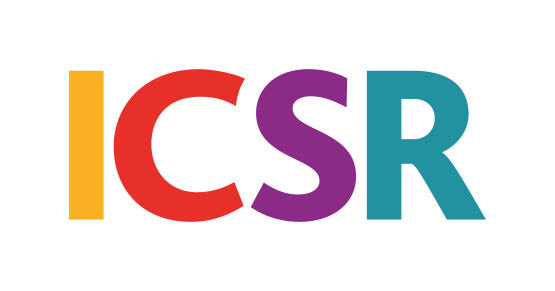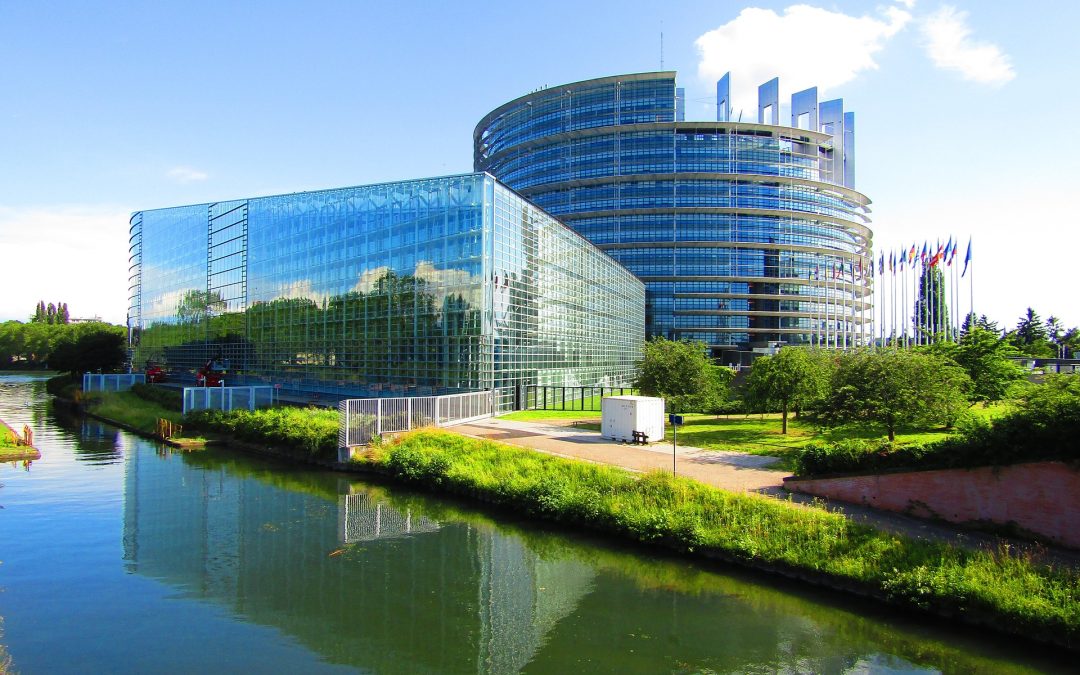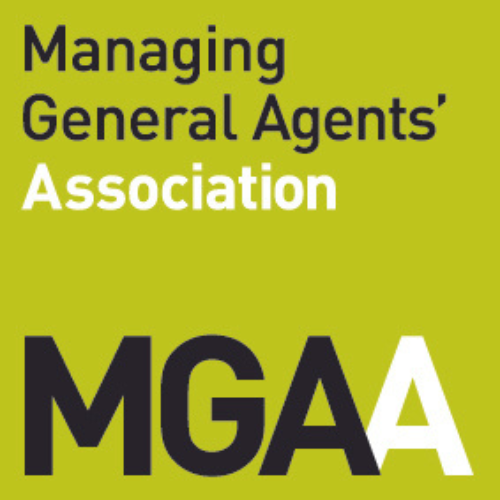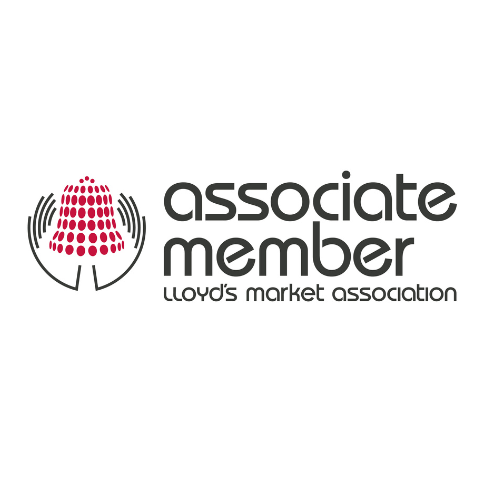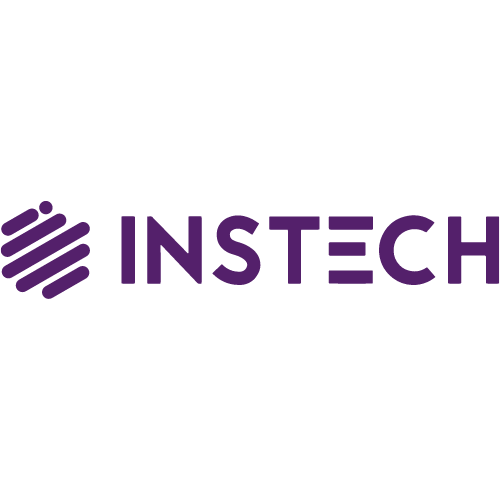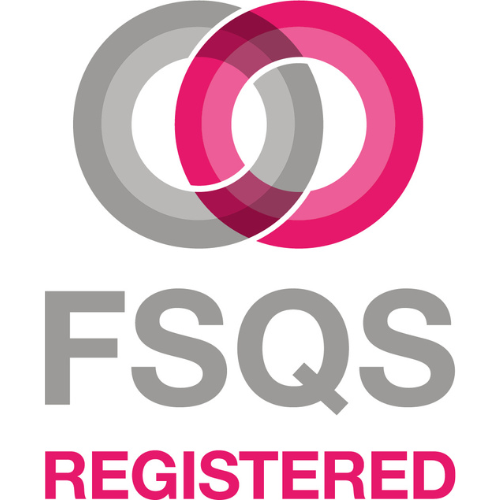The political and practical ramifications of Brexit continue to evolve, with EIOPA putting the solutions adopted by many firms back in the spotlight recently when it issued its “Supervisory Statement on the use of governance arrangements in third countries to perform functions or activities.”
This Supervisory Statement has the potential to be quite a significant issue for the Brexit structures built by many intermediaries – those designed to require the minimum possible resource to establish a structure that met the letter of the new rules. It could also have application for insurers, but it is less likely as insurers have generally been required to ensure substance in EU states already. It is clear EIOPA do not feel such ‘minimalist’ solutions meet, at the very least, the spirit of those rules and quite possibly not the letter either.
At the heart of the issue is what EIOPA refer repeatedly to as the need “to demonstrate an appropriate level of corporate substance, proportionate to the nature, scale and complexity of their business”. In other words, EIOPA want to ensure that EU27 based insurers and intermediaries have EU based resources in their “home” state to oversee UK and other third-country branches with an appropriate level of technical expertise present in that country to ensure appropriate supervision and monitoring of the regulatory and compliance requirements of the relevant EU legislation.
Whilst the rules are aimed at insurance companies and intermediaries, it is our view that intermediaries need to be most concerned, being the firms who have, in the main, taken the lightest-touch approach to creating their Brexit solutions and have not generally been required by a number of regulators to have any material substance in their jurisdiction.
The Issue
Many UK-based intermediaries created EU businesses and then back-branched them into the UK to be able to continue to service their EU clients and risks.
In simple terms, where it looks like the tail is wagging the dog, firms have need to be concerned. In such cases, there is a company in the EU, but it only has a few people managing its business, while the UK branch is resourced by secondees or other “shared resources” from a more substantial UK business, with a lot, if not most, of the regulated and supporting activities for both branch and EU “head office” being undertaken in the UK.
The EIOPA expectation for there to be “an appropriate level of corporate substance” in the EU would not appear to be met in such circumstances and the requirement for proportionality will potentially mean that those companies will need to increase their EU based resources and potentially also need to consider the requirement to upskill individuals.
There is a further warning from EIOPA: “…branches established in third countries with the sole objective of supporting undertakings and intermediaries based in the EU should be avoided.”
In our minds, this is clearly a politically motivated approach. There is no reason why a UK branch of an EU entity should not be undertaking both UK business and EU business or EU business alone. It is very common practice within the EU, for a business based in one country to open a branch in another which may be involved in one or more regulated and non-regulated activities relating to risks in the country of the branch as well as risks form the home state. For example, a German broker with a branch in France where the French branch is involved in servicing both French and German clients. Many German businesses which are policyholders will have business either through their own branches or subsidiaries in France and that business can and is services by both the German regulated entity and its French Branch.
The timing of this expectation also lends itself to suggest that it is aimed at restricting continued cross-border trade with the UK in terms of insurance business flowing into the London Market. The FCA for a while has for many intermediaries been limiting the permission of the activities which they may perform in the UK to EU business only. This is designed to protect UK customers from the failure of the intermediary which is regulated in the EU. If EIOPA is now saying that this practice should be avoided it is essentially seeking to stop the practice of EU firms setting up third country branches in the UK in circumstances where the UK is saying the only business they may transact is EU.
There is a reinsurance model as an alternative solution for insurers, but it does not necessarily assist intermediaries and would require them to place the business with an EU based insurer before placing a reinsurance of that business with a UK insurer. While a viable alternative, it seems designed to boost the EU insurance market by ensuring underwriting income in the EU by retaining more of the direct business in the EU. You can assume that the EU regulators will not permit 100% Quota Share treaties for example. Also, there is a potential trap in here. If the UK does not obtain equivalence status, the net result would mean a significant reduction in EU business flowing into the UK.
What Next?
The Supervisory Statement does not completely remove the ability of firms to operate a Brexit model involving an EU entity with a UK branch. Indeed, there are still strong reasons why an EU entity with a branch in the UK may have a larger operation in the UK Branch than in the EU entity. If all that the EU entity is responsible for is production of business to be placed in the London market and the more significant activities are being carried out in the UK Branch, such as negotiating and placing with underwriters, processing for fulfilment, issuance of documents, negotiating claims, etc, then the logic is that the UK branch will be bigger than the EU “Head Office”.
However, the FCA requirement which it has imposed on many intermediaries that the UK branch only transact EU business does lead to a potential and significant impasse where EIOPA is now saying that branches should not be set up to only handle EU business. Only the FCA and/or UK Government will be able to resolve this. The London Market cannot expect the EU and/or EIOPA to change its position. If the UK Government and/or FCA wish to support and enhance the London Market and promote cross-border trade, as they say they do, they will need to remove the restriction on EU only business being transacted by these UK branches.
Furthermore, our expectation is that we are also likely to see EU regulators asking questions of those firms which have, or are in the process of setting up, a UK branch. The FCA in considering an application from an EU entity seeking to set up a UK branch has been asking those applicants for some time now to confirm that their home state regulator is aware of, and agreed to, the firm making an application to the FCA to set up a branch in the UK. Many intermediaries have been caught out by this and had to backtrack and obtain that agreement from their EU regulator.
In future, as and when EU firms ask their regulator for consent, firms should expect to be asked by those regulators:
- to explain their operating model;
- to justify their governance arrangements;
- to document their resourcing structures and other arrangements for the EU entity;
- to demonstrate they are independent and can continue to operate normally in the event of sudden loss of access to the UK branch; and
- to explain their arrangements for oversight of their UK branch from an EU perspective.
We expect UK regulators will require a greater level of governance in the “Head Office” proportionate to the size of the business flowing through the company, including the UK branch, and to accommodate the need to oversee the UK Branch.
The issue of equivalence is of course also key to the core issue for EIOPA – ensuring the protection of EU-based policyholders. With continued noises from the UK political arena about loosening controls to stimulate growth, it is easy to see why EIOPA has UK branches in its sights.
Conclusion
Firms need to ask themselves two simple questions:
- Does our Brexit solution meet or fail the ‘tail wagging the dog test’? If you are in any doubt about the ability of your Brexit solution to be able to clearly demonstrate that it has the independence of mind to meet EIOPA’s expectations on delivering “an appropriate level of corporate substance, proportionate to the nature, scale and complexity” of its operations, it is perhaps time to revisit the nature of your solution.
- How do you meet EIOPA’s requirements relating to UK branches while also complying with any FCA restriction on branch business being limited to EU business? If you can’t it might be time to go back to the FCA and seek a change to the limitation.
The latter solution may be difficult given that the FCA’s approach is designed to mitigate any potential issues for UK policyholders. There is therefore possibly the need for a more coordinated discussion with the FCA involving LIIBA and BIBA and given the potential impact on insurers, the IUA and LMA.
If you would like to discuss any aspect of your Brexit solution or the other issues we have reaised with us, please speak with either of the authors or any member of the ICSR team.
